
Last year I wrote posts about listening to the radio, watching TV and having a landline phone in the 2020s (in Dutch). Today, I want to talk about the place left for optical storage in the 2020s.
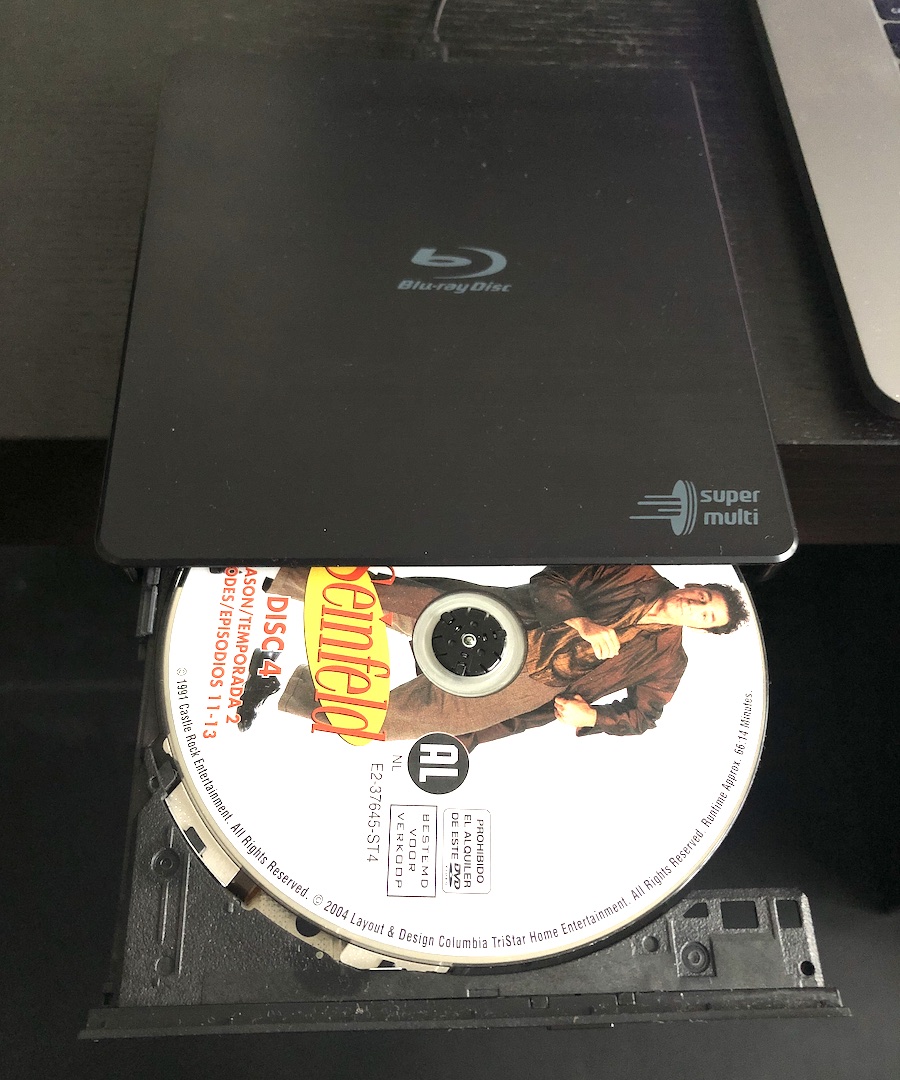
So now I got that new optical drive and can start burning CDs, DVDs, BDs (regular 25 and 50 GB blu-ray discs) and BDXLs (newer 100 and 128 GB BDs). But how long will those last?
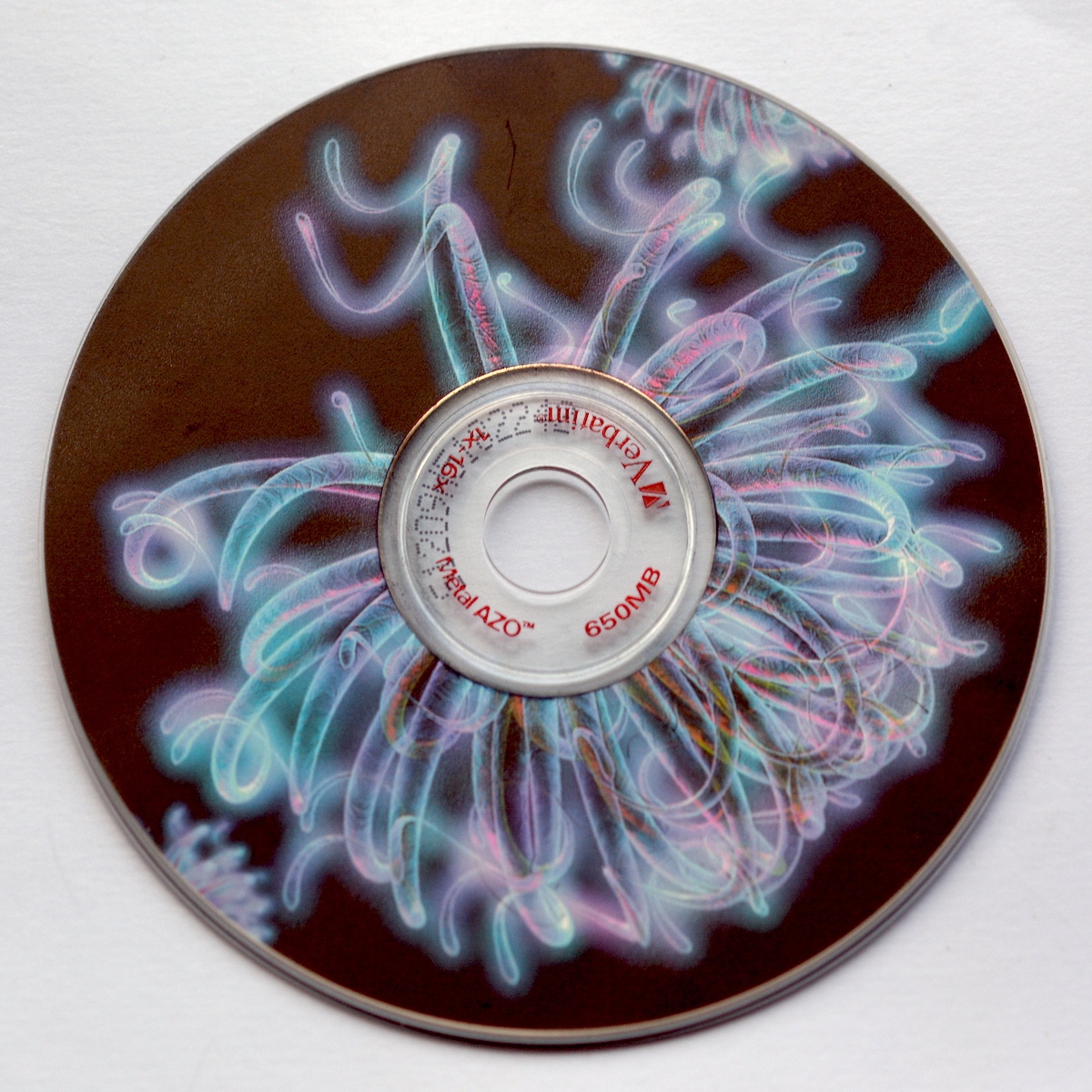
I thought it was time to ramble on about Unicode and UTF-8 a bit, inspired by the need to convert old Amiga text files that have accents in them that won't display properly on my current Macs. Also some food for thought for programmers.
Read the article - posted 2022-01-30
Back in the early 1980s, kids such as myself had their first computing experiences with 8-bit home computers such as the ZX Spectrum and the Commodore 64. And the only way, or in Europe in those days, the only affordable way to load games and save/load your own programs was from cassette tape. And boy was that slow.
If we suddenly had a perfectly-reliable cassette tape, how fast could we possibly load data from it? This is a question I started pondering a while ago. To answer it, I had to do look into how data is stored on tape and how exactly we load it. Along the way, we'll find several limits and assumptions we have to work around on our quest for the fastest-possible loading.Read the article - posted 2022-04-03
The idea behind the AppleTV 4K streaming puck is that you see your content in 4K. In the case of photos in the screensaver, that's not what you get. The AppleTV 4K, showing photos from my laptop using "home sharing" (no not iCloud photos):
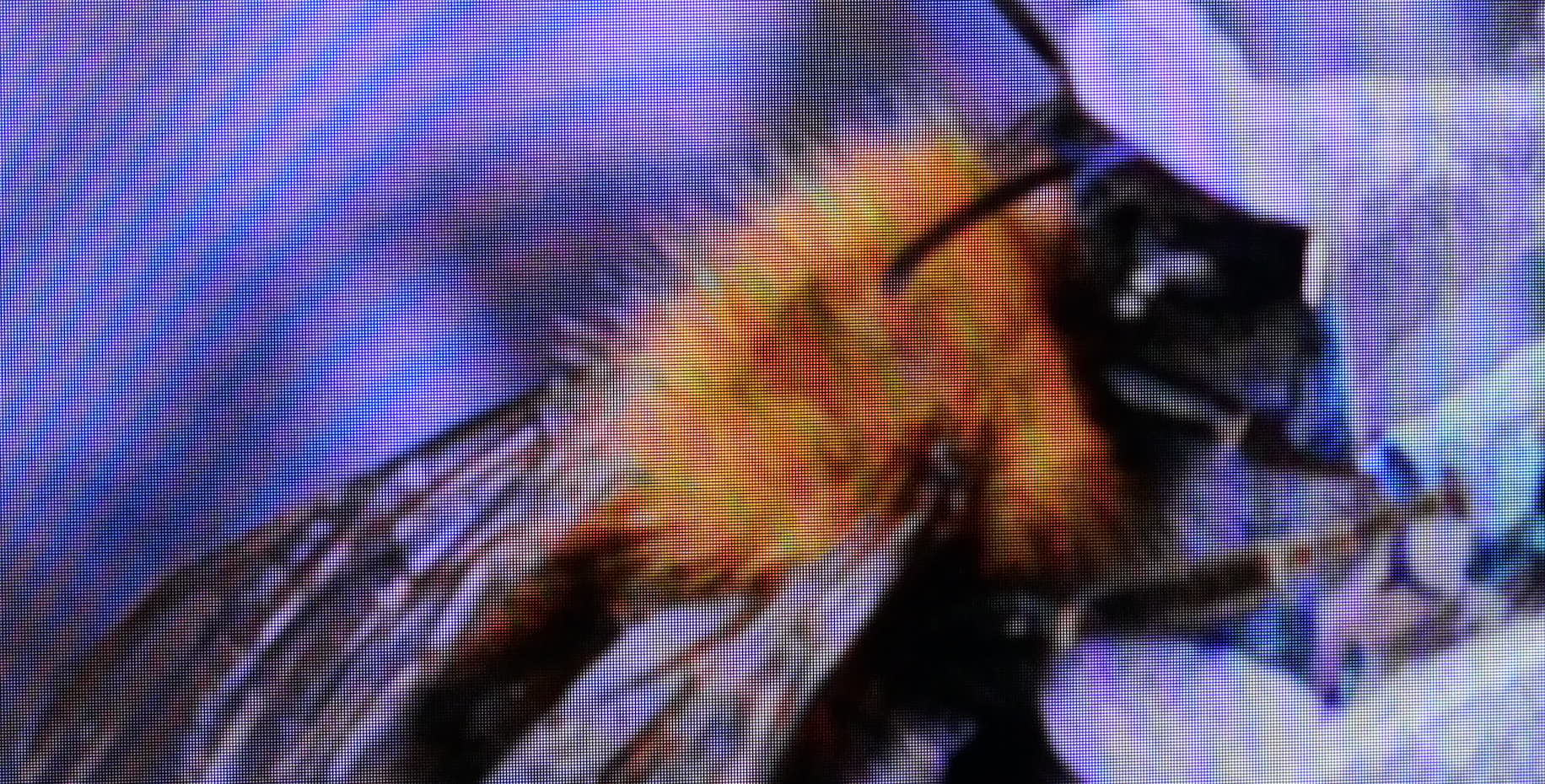
When I play a slide show with the same images on my LG OLED TV, I get this:
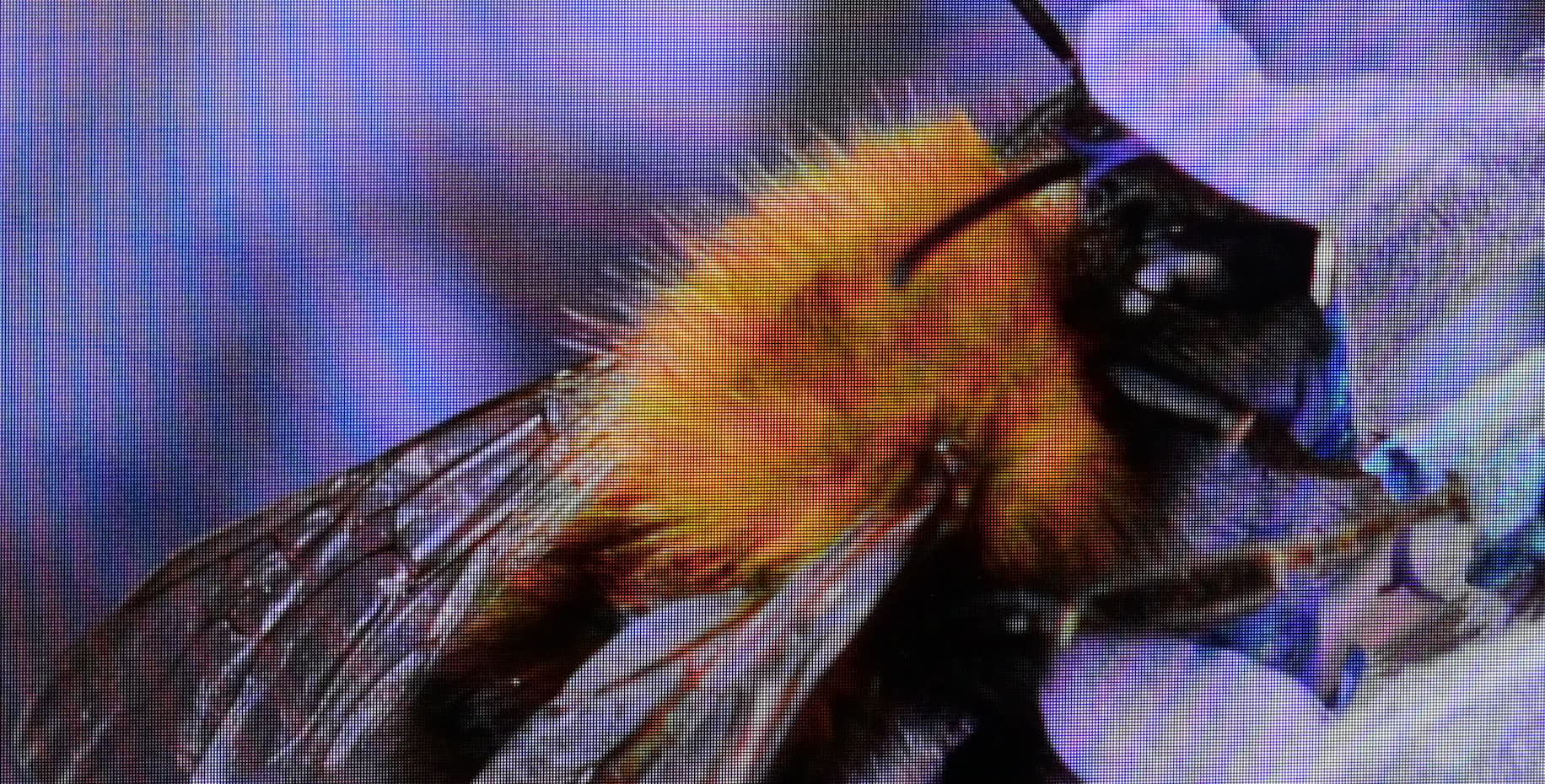
These are photos taken of the TV image, of course zoomed in quite a lot, but if you're sitting close enough to the TV to be able to tell the difference between HD and 4K, the difference is pretty obvious.
What gives, Apple?
Permalink - posted 2022-07-11
Last year I got a new webcam, which led me to ask myself what color temperature setting for my Hue lightbulbs would work best with that camera. (Turns out: 4000K.)
But: how do you set your Hue lights to a certain color temperature? I didn't find a good solution for that. So I built my own!
Read the article - posted 2022-07-12
The Best Camera:
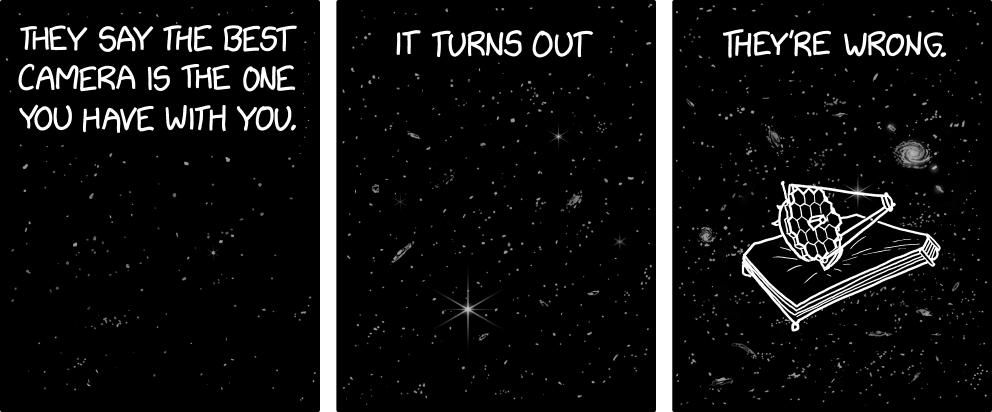
These days, most of us have devices that can shoot video. And that's no longer as simple as it was 25 years ago. Back then, if you lived in a "60 Hz" country such as the US, your video camera would shoot 30/60 frames per second. (See interlaced video on Wikipedia to understand why this is "30/60".) In parts of the world where the electrical grid runs at 50 Hz, such as Europe, our video cameras would use 25/50 Hz.
Because converting 24 frames per second film to 25 frames per second video is horrible (the image stutters once a second), in 50 Hz territories, film would be sped up to 25 FPS to show on TV or record on video tape or DVD.
These days, we all just watch Youtube where the video framerate can be 24, 25, 30, 50 or 60 FPS.
Most of us also have a video recording device in our pockets that usually supports at least several different framerates.
So... what's the best framerate?
Read the article - posted 2022-10-04
Recently, a few podcasts that I listen to talked about smart home technology. We also got the release of new smart home standards Thread and Matter. So I want to look at what smart home options have worked for me, and see if it's possible to draw any conclusions about what could work for most people. (As in: who don't enjoy tinkering with tech for its own sake.)
Read the article - posted 2022-11-27
I just saw a Youtube video kind of reviewing the new Thread smart home communication protocol. I'm not linking to it because it attributed a bunch of things to Thread that are Matter, unless I'm very much mistaken. (And the latter is certainly possible. Do your own research before buying new stuff.)

Matter is the new IP-based system that lets a smart home "ecosystems" such as Amazon Alexa, Google Home, Apple HomeKit and Samsung SmartThings talk to smart home accessories. Matter has two big advantages. The first one is that you're no longer locked into a single ecosystem or a limited number of ecosystems. Every ecosystem that supports Matter can control accessories that use Matter. Even better, multiple ecosystems can control the same accessories.
![]()
Thread, on the other hand, is simply a wireless protocol for talking to smart home accessories.
Read the article - posted 2022-12-03